Meet Anna Körte: FEBS Advanced Courses 60th Anniversary Awardee

Our interviewee is Anna Körte, PhD student at Rodenfels lab at the Max Planck Institute of Molecular Cell Biology and Genetics, Dresden, Germany. Anna received a FEBS 60th Anniversary Award at the Joint FEBS/EMBO Lecture Course 'Mitochondria in life, death and disease' (16–20 September 2024) in Landshut, Germany.
Tell us about your research topic/work. What project(s) are you working on? What is the aim of your study?
We are investigating mitochondrial metabolism during early embryonic development. While mitochondria are best known for their role in ATP generation, more and more research is uncovering their diverse functions in cellular processes. Our work focuses on understanding how mitochondrial metabolism adapts to the specific needs of cells during early development.
I am currently working on two main projects. In the first project, we address the question of how mitochondrial activity is regulated to meet the increasing energy demand of developing embryos during the early rapid cell divisions. The second project examines potential interactions between mitochondria and other organelles during early development, aiming to understand how mitochondria may regulate key developmental processes. So, the overarching goal of our research is to better understand how mitochondrial metabolism contributes to regulating embryonic development.
Who or what inspired you to choose a career in science?
I think my dream of becoming a scientist began in school. I had a great biology teacher and while learning about genetics, I realised there was an entire world within our cells to be discovered. Later during my Bachelor’s and Master’s theses in the lab of Stefan Luschnig in Münster, I discovered my passion for research. Working in the lab and being among the first persons uncovering something new was and still is very exciting. I was very fortunate to have inspiring supervisors and a very supportive group who encouraged me to pursue a career in science.
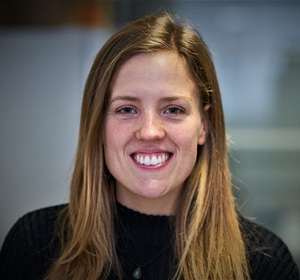
How did you learn about the FEBS Advanced Course? Why did you choose this course to attend?
My supervisor Jonathan Rodenfels told me about the FEBS Advanced Course and it immediately caught my attention. I had never attended a conference focused solely on mitochondria before. I saw it as a unique chance to connect with and become part of the mitochondria research community, and receive feedback on my work. Furthermore, the selection of speakers made the course very appealing.
How does attending this course influence your present and future plans? What are the benefits of attending the FEBS Advanced Course?
Attending the course has been very inspiring, thanks to the great talks, welcoming atmosphere, and open discussions. I received very valuable feedback on my work, which motivated and encouraged me to further advance the project. The course provided an opportunity to connect with many researchers in the mitochondria field, opening doors to new potential collaborations.
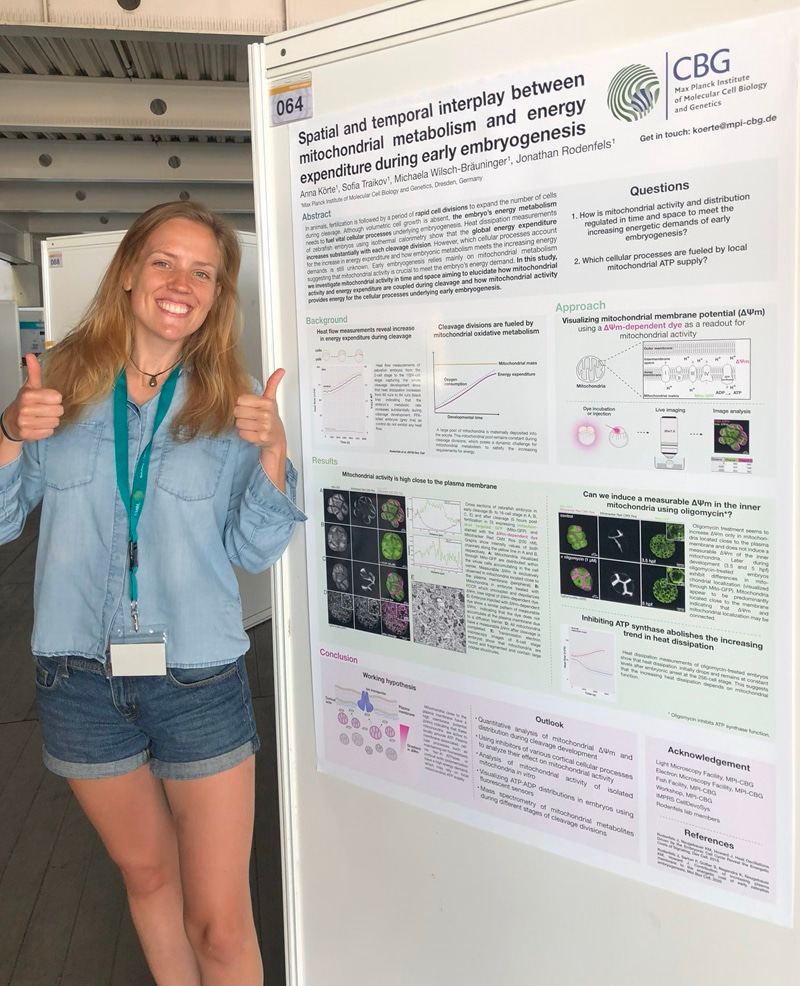
What work were you presenting at the FEBS Advanced Course?
I presented our work on how mitochondria are activated during early embryonic development in zebrafish. We discovered that mitochondrial activation occurs gradually and is accompanied by changes in mitochondrial morphology. In collaboration with Efe Ilker, a physicist from the Max Planck Institute of Complex Systems in Dresden we have taken an interdisciplinary approach by combining experimental data with theoretical modelling. This has allowed us to describe the patterns of mitochondrial activity and potential underlying mechanisms.
How does it feel to receive a FEBS 60th Anniversary Award at a FEBS Advanced course as recognition for your work? How do you see this Award influencing your career and future?
Receiving the award was a great honour, which I am very grateful for. I am sure the award will have a positive impact on my career. As someone relatively new to the field of mitochondrial research, this recognition reinforced that our work is on the right track and has great potential. It also underlines the importance of not only conducting research but also effectively communicating it.
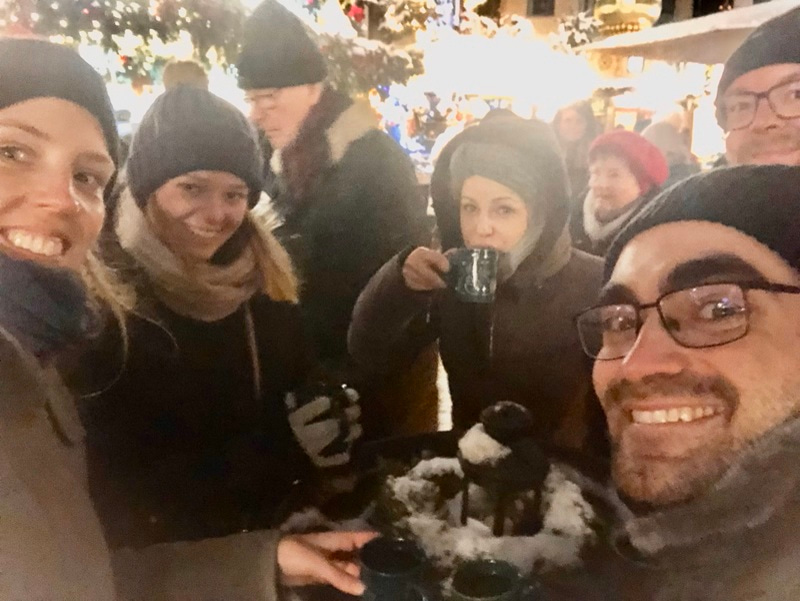
What is your advice to aspiring students/scientists?
My advice would be to stay curious and passionate but also be kind to yourself, and build connections with the people around you. Doing science can be challenging but it is important to remember that setbacks are part of the journey and opportunities to learn. Don’t hesitate to present your research early to receive feedback from the community. Seek collaborations, mentorship, support and opportunities to supervise younger students.
Where do you envision the future of your career?
As a PhD student, I feel like I have just entered the world of science and gathered skills to do good research. I am very excited to do research and I want to continue to do so. I really enjoy meeting curious people from all around the world, diving deep into a topic, and constantly learning new things. I am passionate about mitochondrial research, particularly at the intersection of metabolism and genetics. I envision my future career in an environment that fosters interdisciplinary collaboration, where different fields come together to address challenging questions and do impactful science.
For more information about the FEBS Advanced Courses programme visit the FEBS website.
Photo by Jigar Panchal on Unsplash.
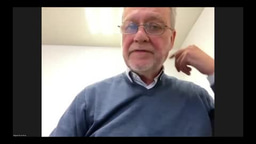
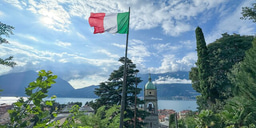

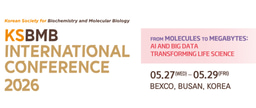
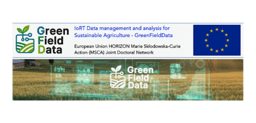
Join the FEBS Network today
Joining the FEBS Network’s molecular life sciences community enables you to access special content on the site, present your profile, 'follow' contributors, 'comment' on and 'like' content, post your own content, and set up a tailored email digest for updates.